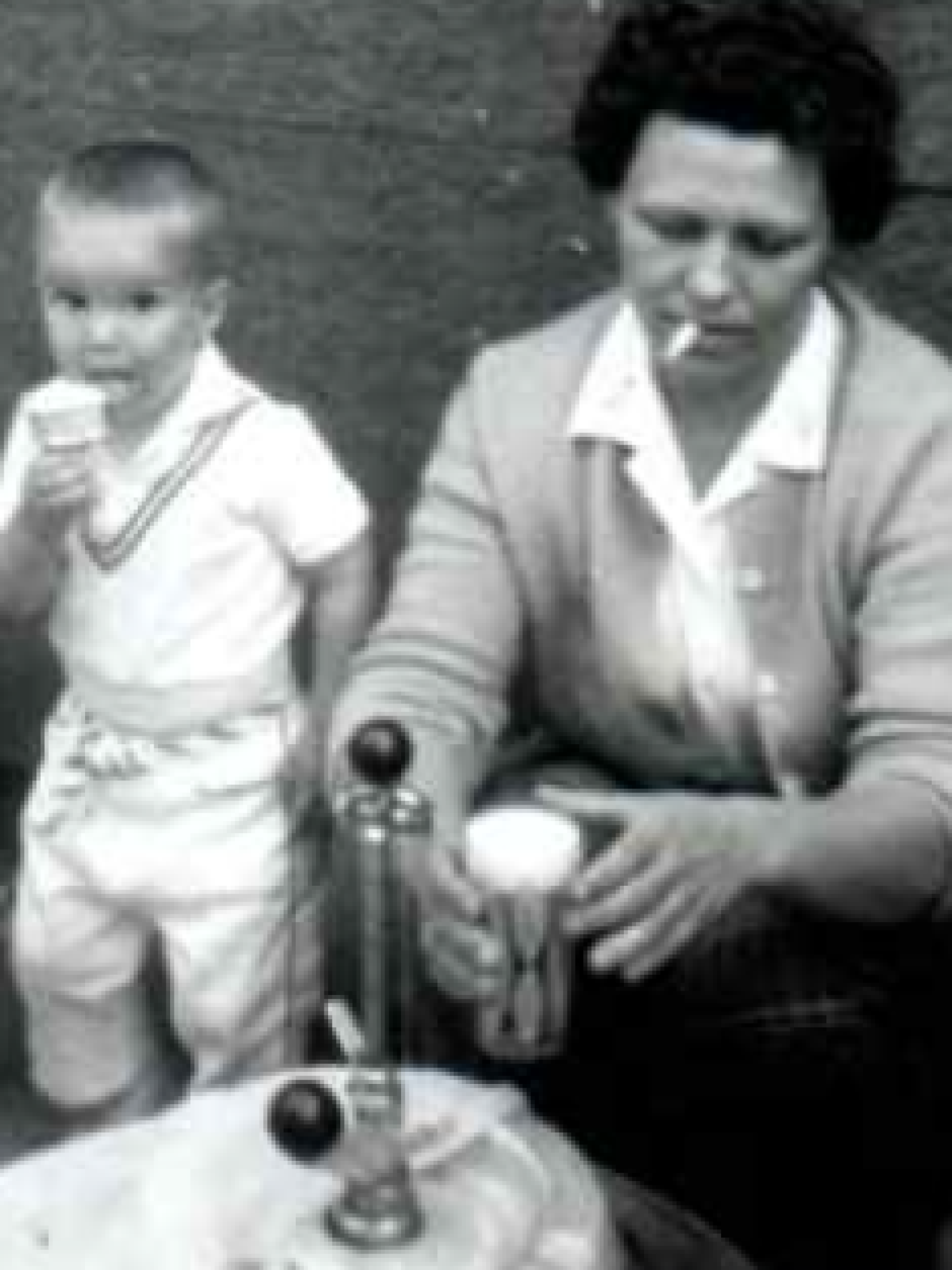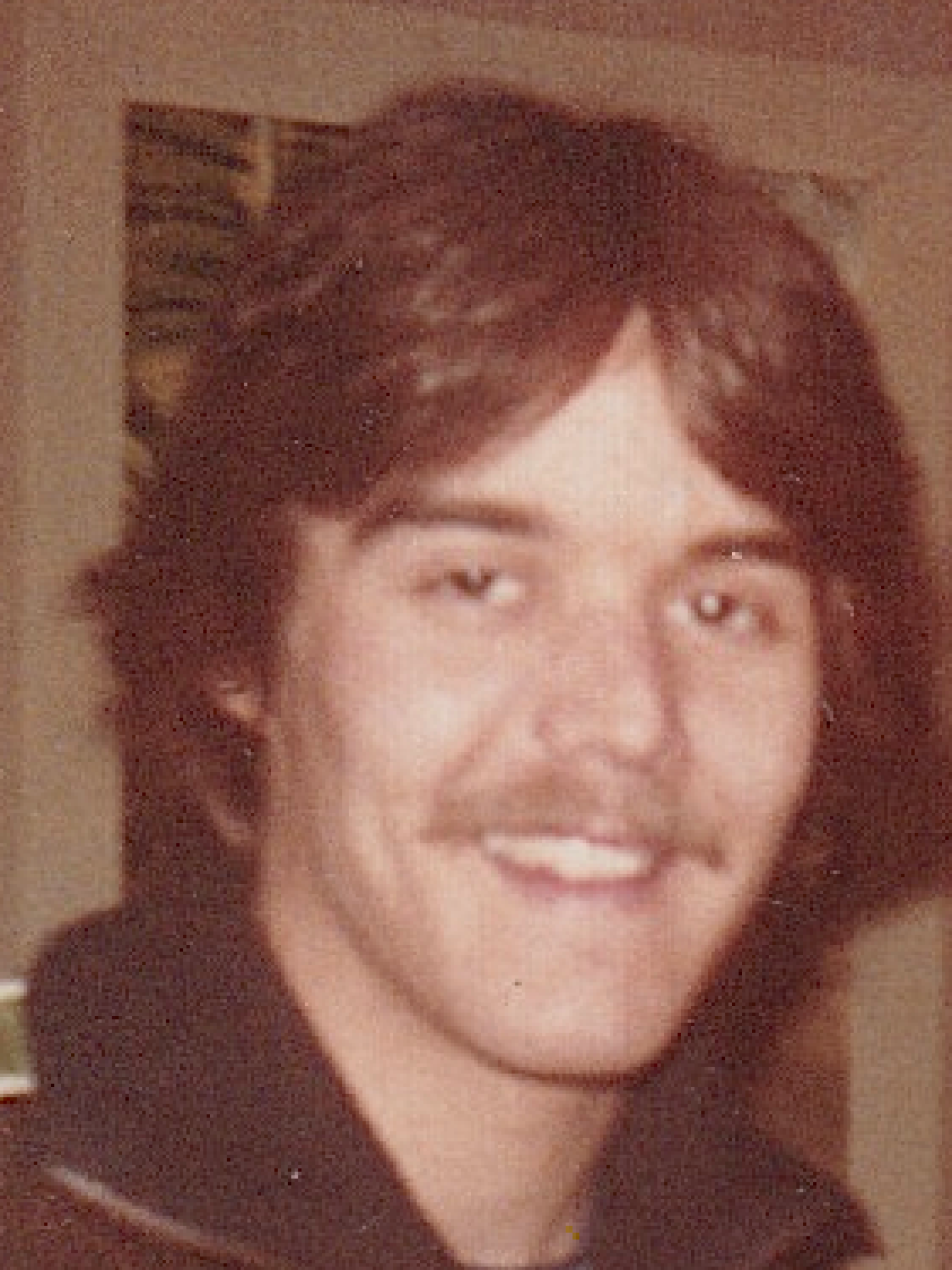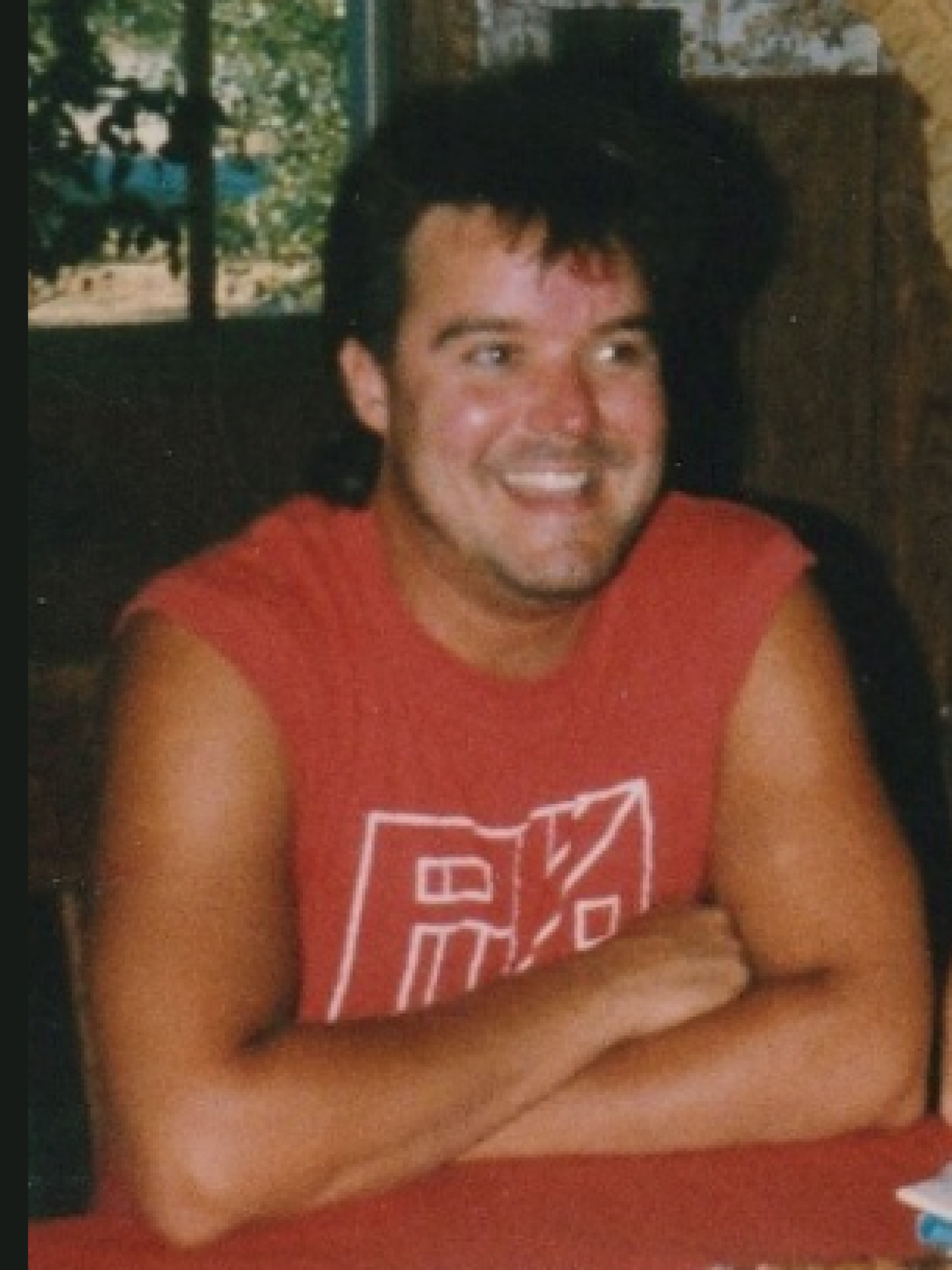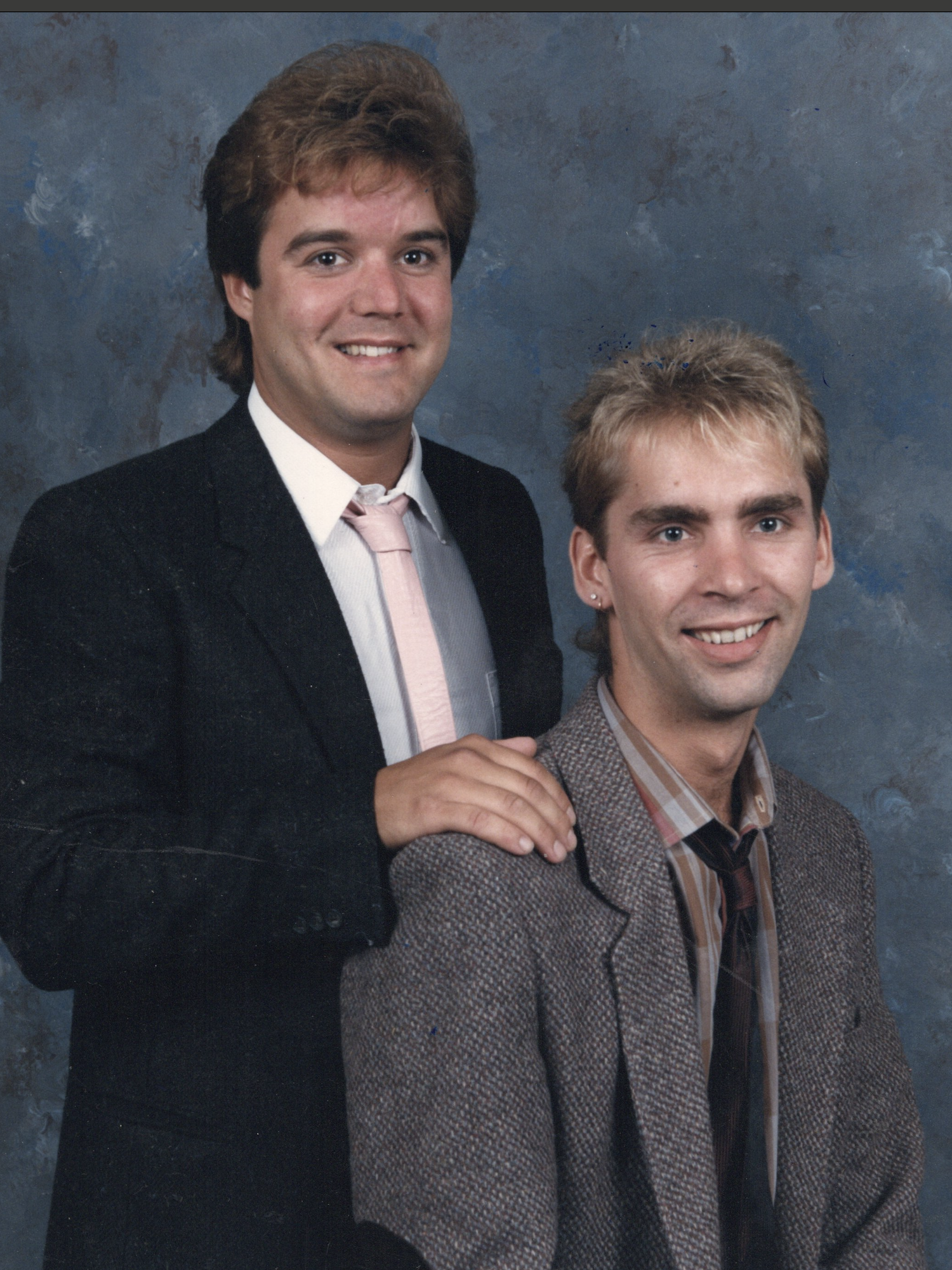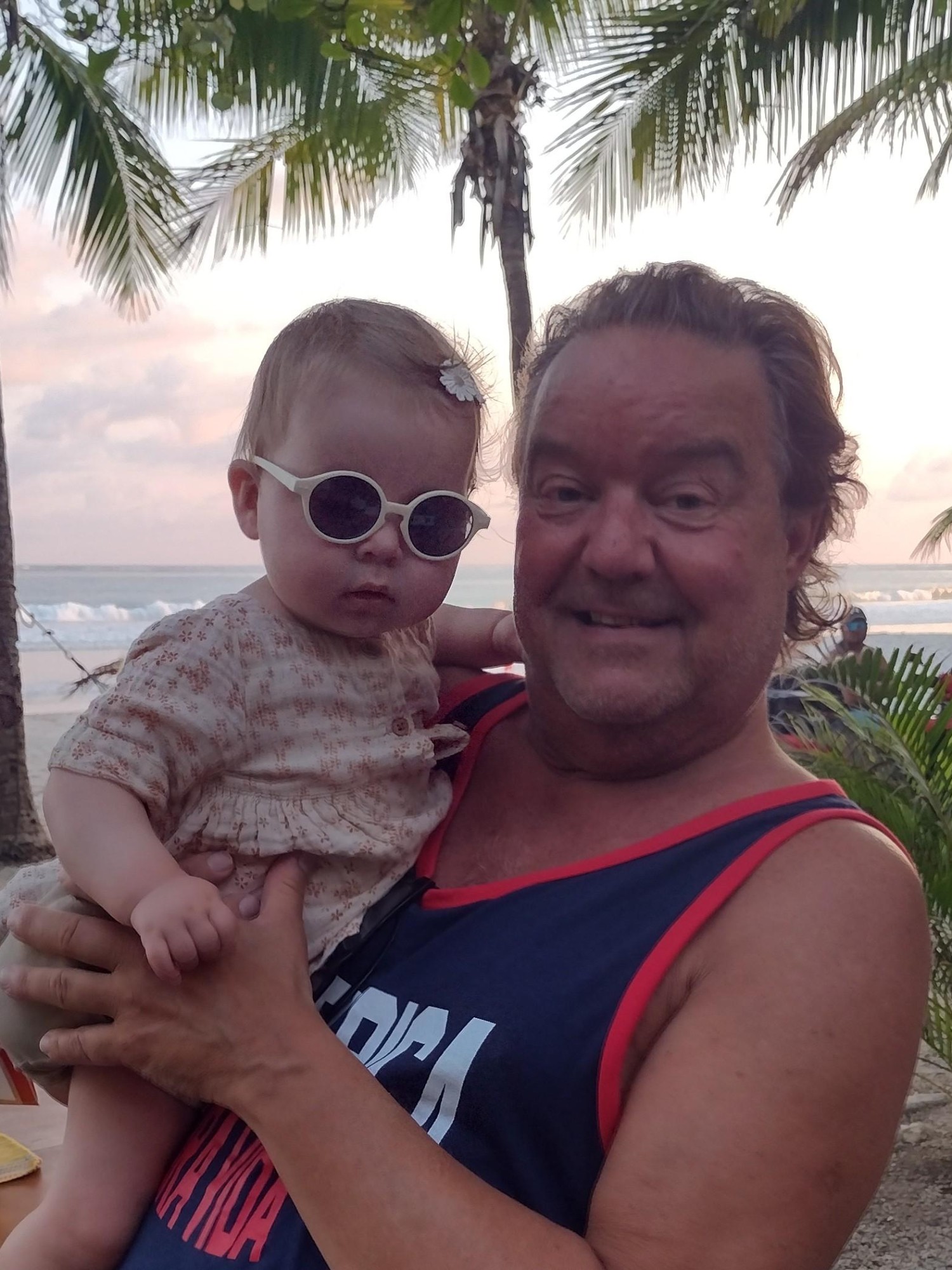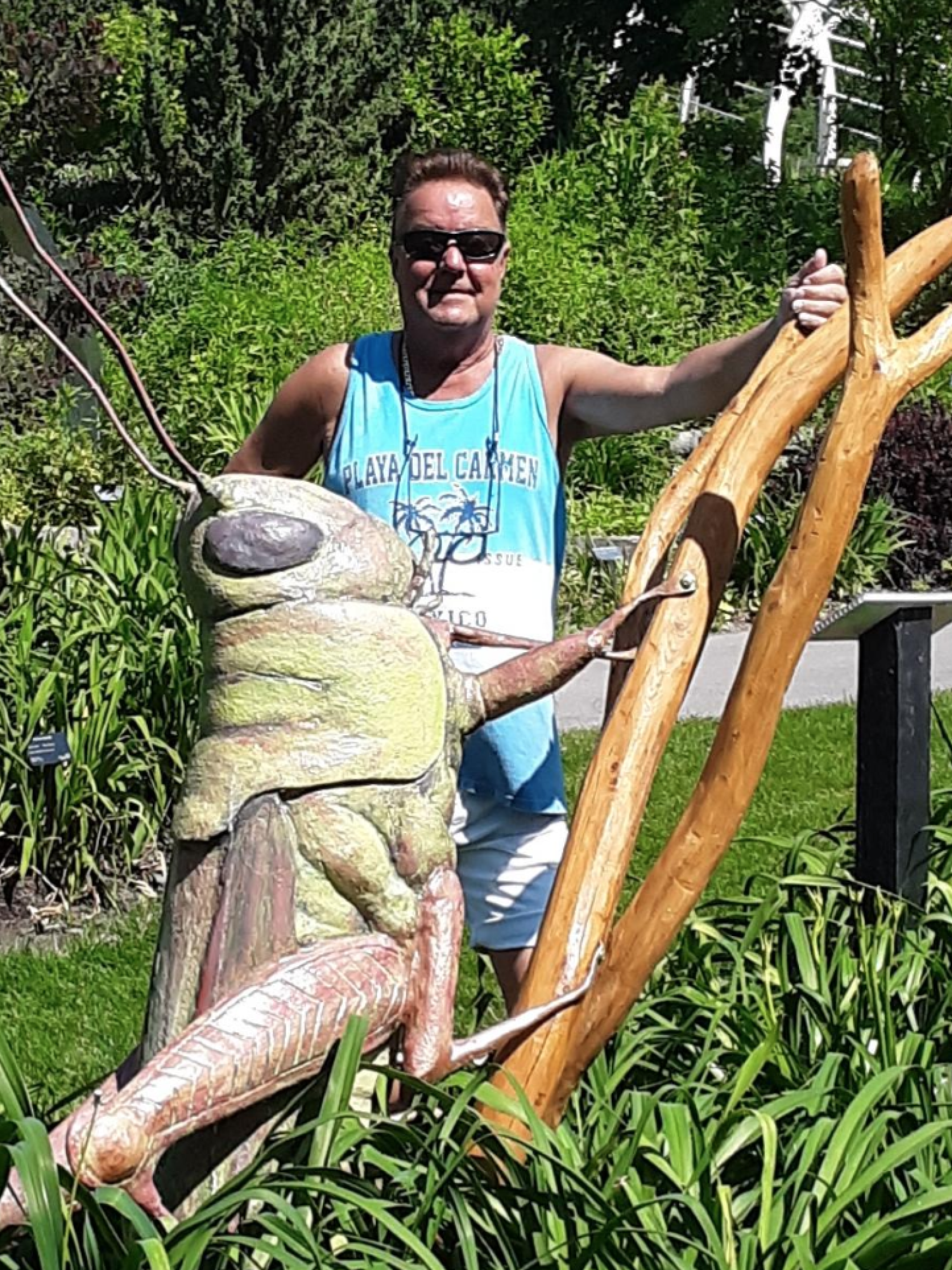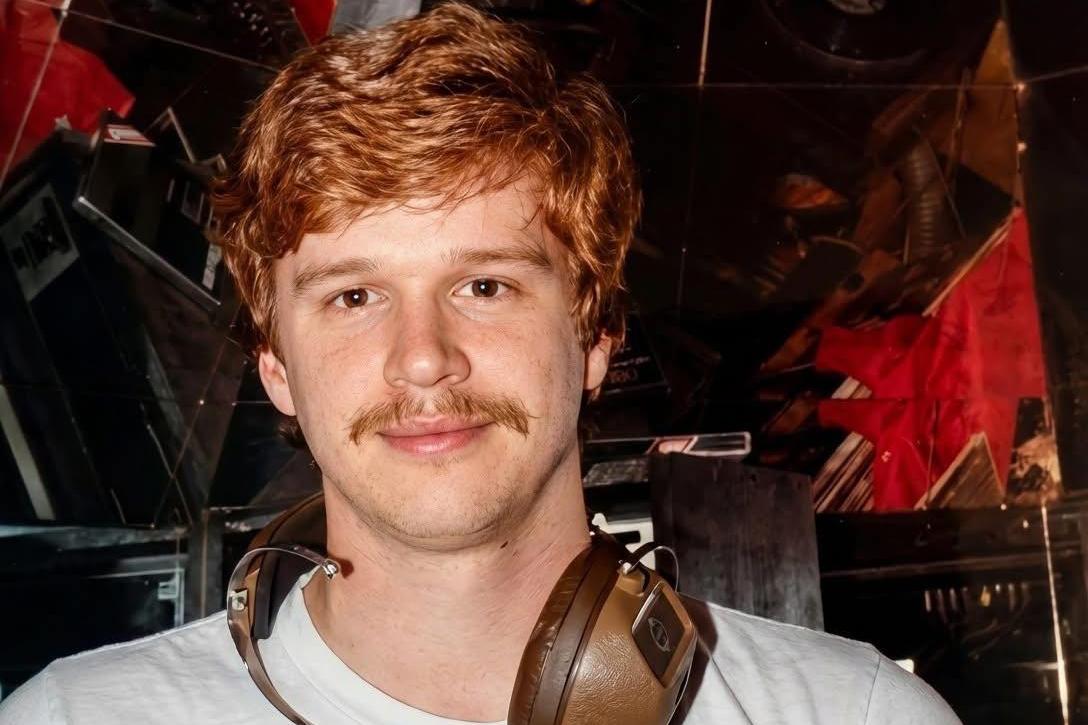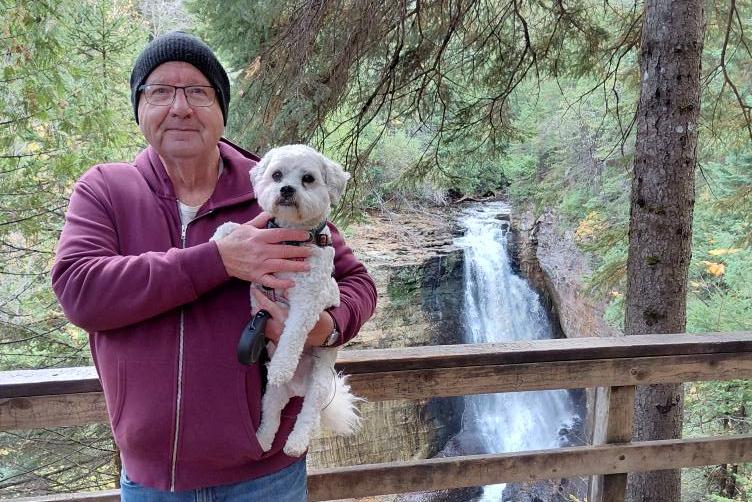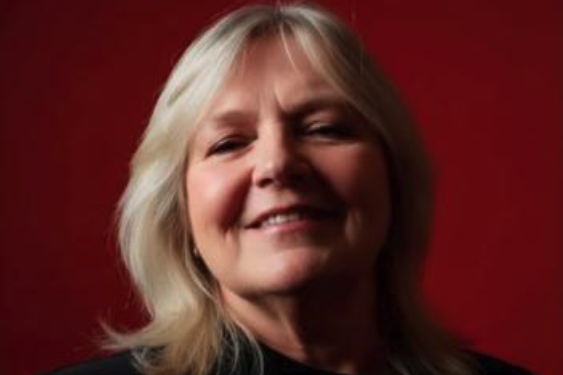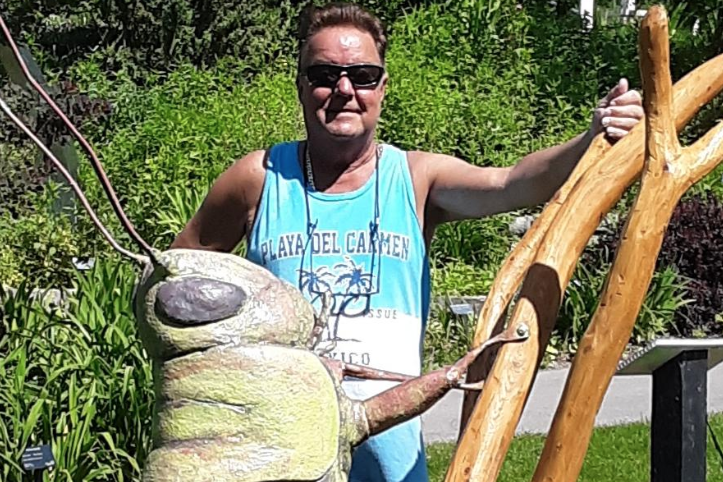
Paul "Cricket" Jacob: from the farm to the front lines of the fight

"I no longer cared what people thought about me. And I still don’t.”
Paul Jacob grew up in Larsen, Wisconsin, a small farming community eight miles outside of Appleton. His mother raised eight children as a single-parent, Orthodox Christian household on a homestead farm. He attended grade school in Winchester and high school in Winneconne.
“Growing up, we spent every night kneeling on the living room floor in front of a cross saying our prayers before bed,” he said. “Every Sunday, we went to church. Religion was ever-present in our lives.”
He got the nickname “Cricket” when he was just “knee-high to a grasshopper.”
“I had this nervous habit of making this chirping sound,” he said, “and the name just stuck. I remember chirping loudly as I walked across the stage to get my high school diploma. The audience was rather amused.”
“Gay was something that would never have been talked about,” said Cricket. “I started having feelings in middle school, and then more in high school, but I didn’t give it a lot of thought.”
“I didn’t know what the word gay meant when I was young. I didn’t know there was really such a thing as a gay person. For years, I just thought that was a derogatory word people used. It wasn’t until I got into high school and college that I realized what gay was about.”
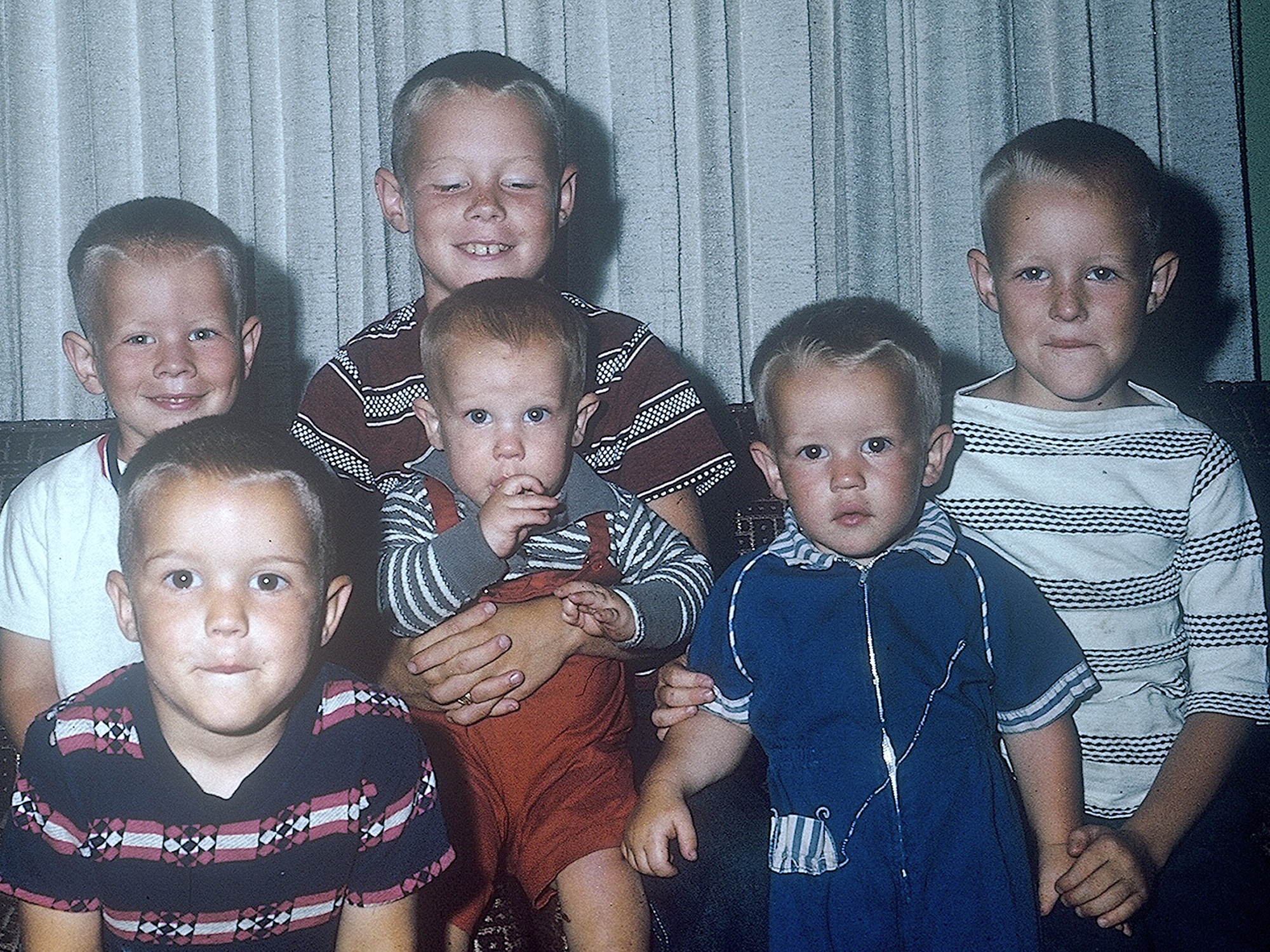 Cricket and his five brothers
Cricket and his five brothers
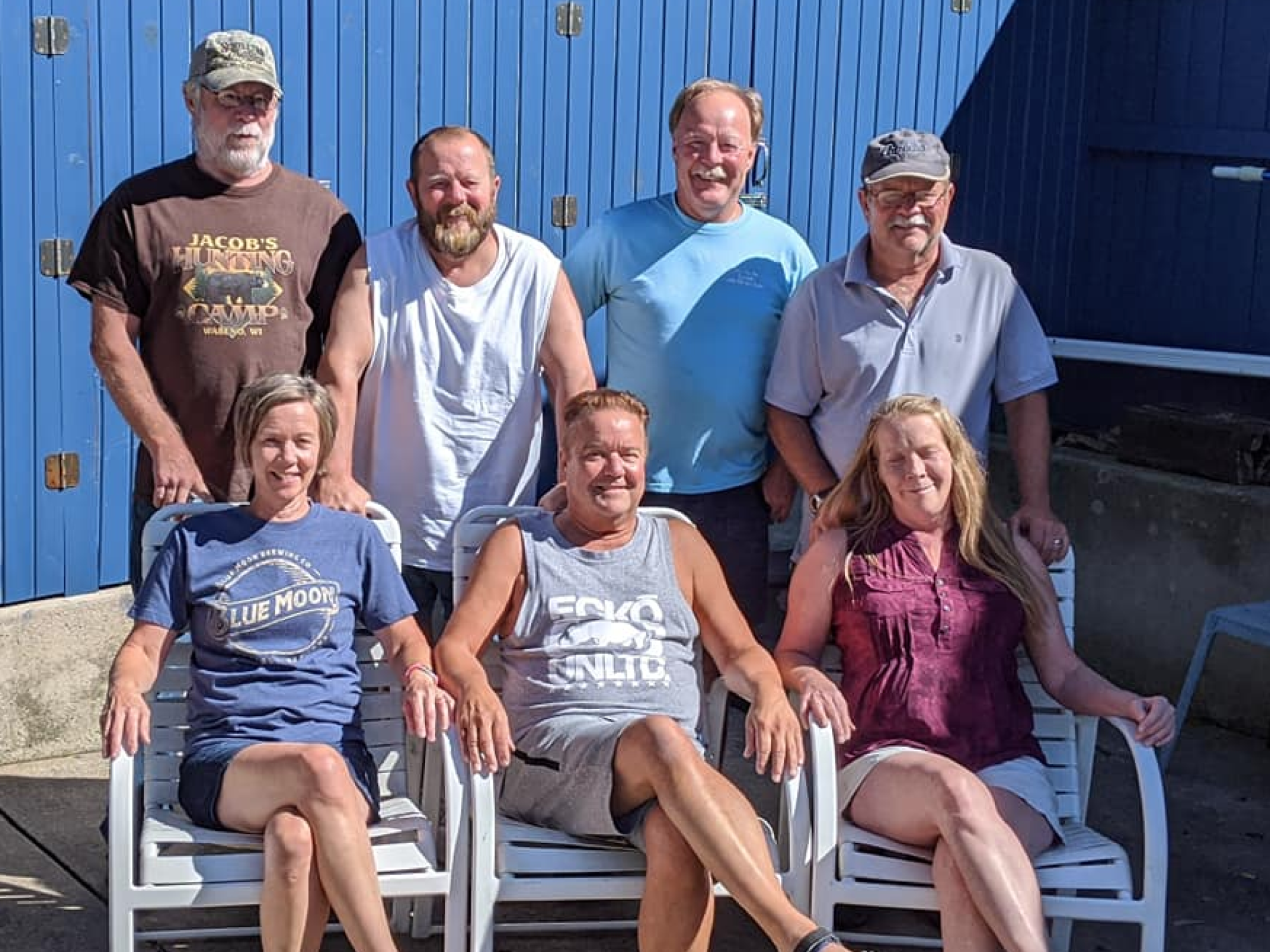 Cricket and six of his siblings
Cricket and six of his siblings
“A gay group? I didn’t even know there was such a thing,” said Cricket. “After I worked up the courage to attend a meeting, there were only 2-3 people there. Four people was a big meeting!”
“This was fall 1978,” said Cricket. “Being a gay rights advocate, in those days, in a rural community? That was a quite an act of resistance. I was guided by my studies in world religion and social justice. I knew I could help other people going through the same things I was.”
“And would you believe, when I was invited back to UW-Oshkosh to speak a few years ago, they still meet in that exact same room?”
After college, Cricket moved back home. He started hanging out at Lambda Lounge, Appleton’s first real gay bar and home to Fox Valley Gay Alliance.
“Back in that day, unless you were in a big city, gay bars were totally underground,” said Cricket. “None had bar signs in the windows – if they even had windows at all – only these little lights so people knew there was something there. Everyone entered through the back, and they never opened until after dark. That’s the way it was at the Lambda Lounge, and that was the first gay bar I ever went to. I don’t remember how I even found it.”
Cricket took a bartending job at the Lambda Lounge, working for owners Gene Koenke and Paul DeBruin. And he sure has stories to share!
“While I was tending bar, in this very, very old building, there was this huge cast iron ceiling fan hanging above the bar,” said Cricket. “This thing had to weigh at least 150 pounds. One night, while I was tending bar, two regulars came in and sat underneath it. It was too drafty, so they moved to different seats. And ten minutes later, that ceiling fan fell from above and put a massive, deep hole in the floor where those men had just been sitting. I called Paul and Gene, and said, hey, you should come down here and take a look!”
Cricket remembers a very underground community – so underground, in fact, that the bars were the only safe gathering space.
“A lot of people had to move to the metropolis of Green Bay to be themselves,” said Cricket. “And Green Bay really did feel like a great big city back then. People from small towns in northern Wisconsin and upper Michigan didn’t dare stay in their hometowns.”
“Gay people were not invited to other people’s homes,” said Cricket. “Not even their partners’ homes. It was too risky. And you would almost never see a straight person in a gay bar. Never. Now all the bars are mixed, which is wonderful, because that’s what we were fighting for. But boy, back in the day? You’d be surprised how different things were.”
“I still believe I was more fortunate than most people who grew up in rural areas,” said Cricket, “I had a very kind, loving, close family, and I still do. I have seven siblings, and we’re all very close. Even after I came out, my identity was kind of a non-issue. Although my mother had a hard time, it was ignored and I was respected. I had a tight circle of very loyal friends. So, in many ways, my rural upbringing gave me more opportunities to get involved with the community, who usually didn’t have that level of support from their families or social circles.”
Cricket cautions that social evolution isn’t something new – it’s been ongoing throughout his lifetime.
“I remember weeks at a time of going out seven nights a week,” said Cricket. “I’m sure there were also weeks at a time when I didn’t go home alone once. I don’t think this was specific to the gay bars, but it was specific to Wisconsin. We’d go out every damn night of the week and then go to after bar parties afterwards. And that’s just how it was for a few decades of my life.”
“AIDS changed everything,” said Cricket. “People were much more sexual before AIDS. There was really no shame in being promiscuous. It was just part of who we were. Sometimes, I am amazed I am still alive, after how I behaved in those early years. I’m flabbergasted.”
Cricket joined the CENTER (Community Endeavor for Needs in Testing, Education and Referral) Project as a volunteer in 1986. Within two years, he was hired as an account manager and helped the organization grow. Through United Way funding, CENTER was able to launch HIV/AIDS testing in local bars, as well as a local case manager to coordinate care for people with AIDS. In 1989, the Fox Valley AIDS Project opened an Appleton office to expand its reach. (CENTER was later merged into the northeastern region of the AIDS Resource Center of Wisconsin, now Vivent Health, and Cricket took a new role in education and prevention.)
“When the virus was identified and there was no cure, there were people dying left and right," said Cricket. "I remember sitting around with friends making lists of everyone who had died. Within a year or two, the list was already 30 plus people long. Many of us spent the decade wondering ‘who’s next?’”
Through CENTER and ARCW, Cricket served the community for over 29 years. He was a co-founder of Entertainers Against AIDS, which produced extravagant AIDS awareness shows at local venues. And that’s not nearly all: he’s also written a column for Quest magazine, facilitated weekly groups at Harmony Café, managed the LGBT History Project for Rainbow over Wisconsin, advised on the University of Wisconsin-Green Bay LGBTQ Resource Center Advisory Council, and published the region’s first LGBT Resource Directory and inclusive faith-based organization directory. In addition, he was active with Tank Neighborhood Association, Green Bay Sk8Park Project, United Way’s Community Impact Council, Brown County Vision 2020 Committee and the Shipyard District and Shipyard Neighborhood Association.
In 1986, Cricket opened the Pivot Club in Appleton. At the time, it was the largest gay bar (in terms of square footage) in the state and a regional destination for big-name talent. Unfortunately, that’s also where he encountered his first homophobic violence.
“One night at the Pivot Club, I looked up and saw a bunch of guys in the DJ booth. I suddenly realized they were assaulting the DJ. As it turned out, there were five straight guys who came in the bar just to start trouble and beat up gay men.”
“When I tried to intervene, they turned on me. Two of them held me against the bar while a third one kept hitting me in the face, one after another. I remember thinking, I always thought someone would pass out if they were getting hit this hard.”
The men were ultimately arrested for assault and trespassing. A few weeks later, a customer came into the bar and reported that 30 motorcycles had just pulled into the parking lot.
“I’m running around, having a panic attack, trying to get the staff prepared for the worst,” said Cricket, “and in walked thirty members of Dykes on Bikes. We got a huge kick out of that.”
While managing the Napalese Lounge on Broadway, Cricket was stabbed in the back and nearly died. He was in intensive care for eight days.
“The knife went in six inches,” said Cricket. “That was the closest to death I have ever been.”
His assailant, recently discharged from a mental health center, lived only a few blocks away. He was caught after his father was overheard bragging, “my son knifed some guy, but now he’s shaving his head, so the police don’t recognize him.”
“The most shocking part about the violence wasn’t even the violence,” said Cricket. “It was the flippant attitude of ambulance drivers, health care providers, and police officers about hate crimes. ‘Who cares if a queer gets what’s coming to them?’ was the prevalent mood. One time, an older gentleman got beat up badly at the bar, with a broken eye socket, and the EMTs from St. Elizabeth Hospital found the situation amusing. They were making fun of the victim. It was so incredibly unprofessional.”
In 2002, he opened a Green Bay bar of his own. Its original name was “Sorry, We’re Closed.”
“We weren’t in a great part of town at the time, so we decided the only riffraff we wanted to deal with was our friends. The bartenders sure had fun answering the phone!”
“After a year and a half, I changed the name to the Fox River Lounge. I was working with the City of Green Bay on a marina behind the bar, and I wanted to provide educational pontoon trips up and down the Fox River. The marina never materialized, and the city is still not finished even now, but we sure had fun anyway.”
“That was probably the last big bar boom in Green Bay history. When I opened the bar, there were only four gay bars in Green Bay. Within two years, there were eight!”
As a former bar owner, who still lives above the bar he once operated, Cricket has many observations on the changing nightlife scene.
“Bar patronage is less than half of what it was 15 years ago,” said Cricket, “and there’s lots of reasons for that. People don’t need bars to meet each other. They’re hooking up online. Another reason is drunk driving laws. I’ve said for years that the best bar customers are now at home with ankle bracelets. And, finally, there was way more camaraderie back in the day compared to now. The bars were your second family, the family you could be yourself around. Many people were closer to their bar family than their biological family.”
At 66, Cricket no longer parties like he used to.
“I like to support the bars,” he said. “I’ll walk up and down Broadway and stop in, talk to the owners, and maybe have a drink or two. But I do not drink like I used to drink. For years, all I drank were Blind Russians that were 100 proof. It’s no wonder I have diabetes, but frankly, it’s another reason I’m surprised to still be alive.”
Today, he is a licensed Treatment Foster Care provider, caring for 16 different youth over an 11-year period. He’s also written six inspirational self-help books, all available on Amazon.
Inspired by the ever-growing acceptance for LGBTQ people and causes, Cricket urges not to be discouraged by the current climate.
“We take two steps forward and one step back all the time,” said Cricket, “but what was once unthinkable is now socially acceptable. Are gay bars even gay bars anymore? They’re gay-friendly, but they’re bars for everyone. They’re mixed. That’s huge. And it’s a sign of the evolution of our society.”
“Everyone is always evolving and changing, and that’s a good thing,” said Cricket. “We can’t be afraid of that. We can’t lose sight of that. As activists, we can try to steer it in a healthy direction, but we certainly can’t stop it.”
His advice to the next generation? “Be somebody that deserves to feel proud. Be a good human being. And be very proud of who you are.”
“Show others that you mean it.”
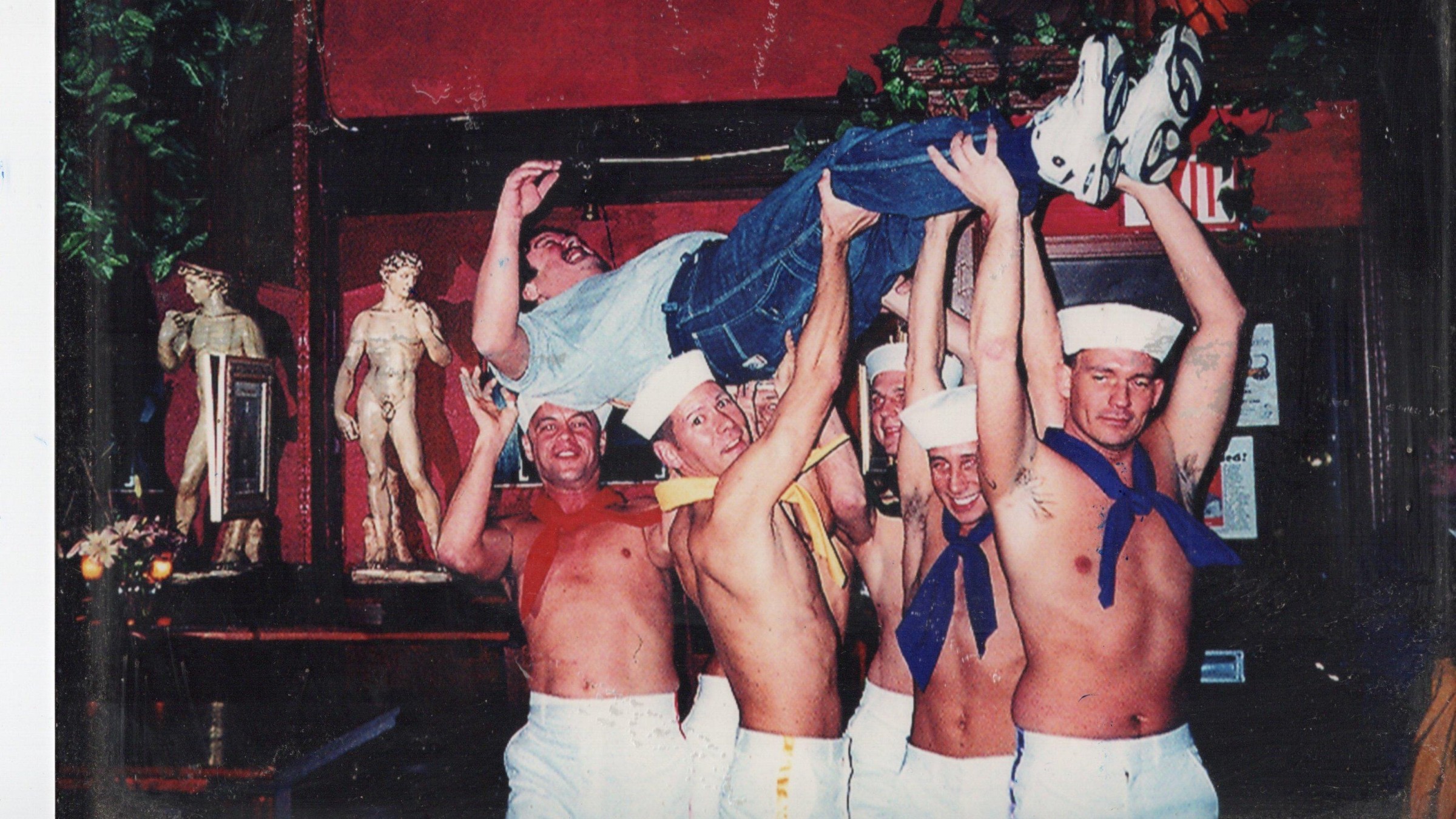 Cricket at the Fox River Lodge
Cricket at the Fox River Lodge
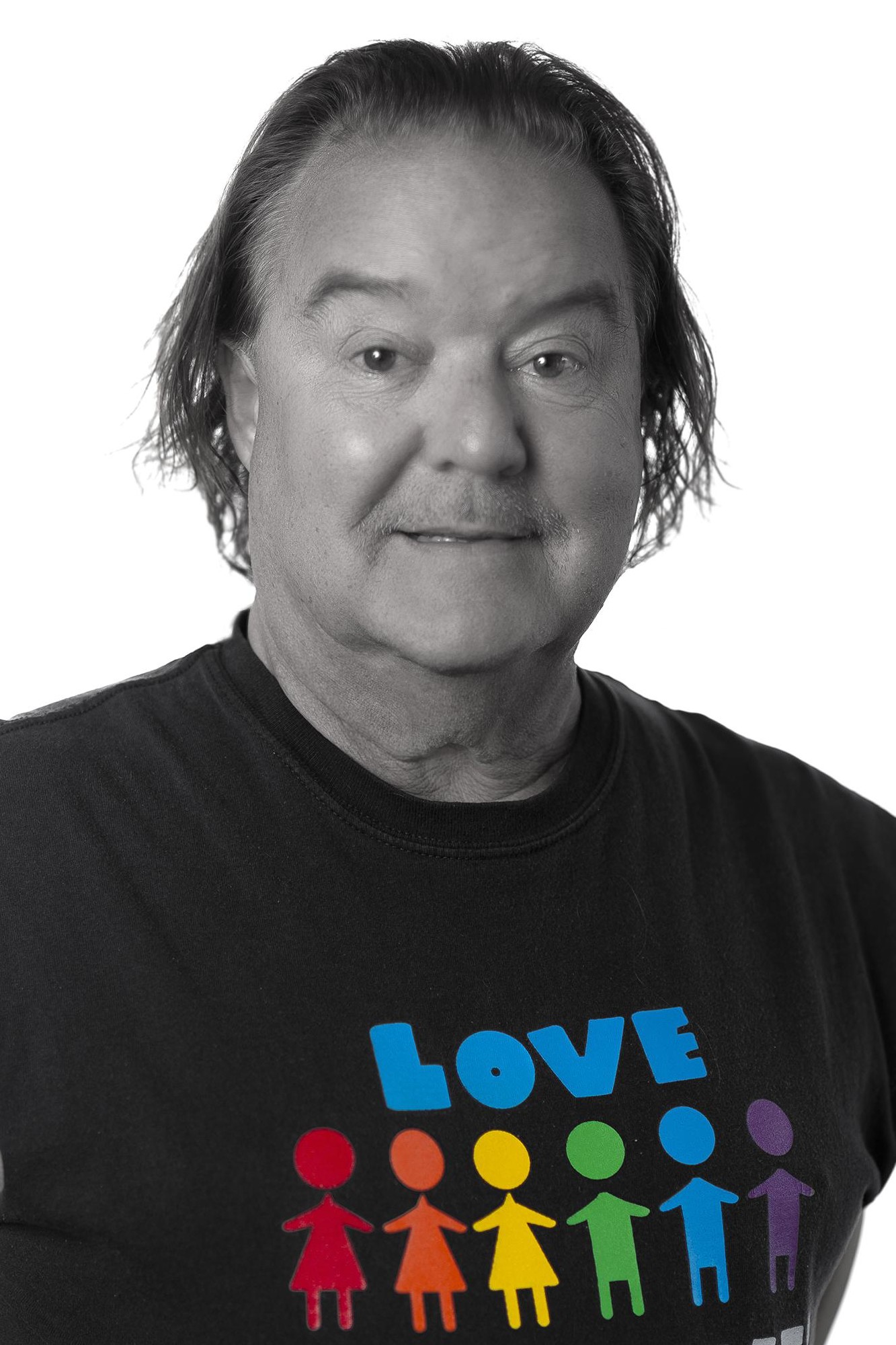
recent blog posts
February 14, 2026 | Michail Takach
January 17, 2026 | Garth Zimmermann
January 16, 2026 | Michail Takach
The concept for this web site was envisioned by Don Schwamb in 2003, and over the next 15 years, he was the sole researcher, programmer and primary contributor, bearing all costs for hosting the web site personally.
